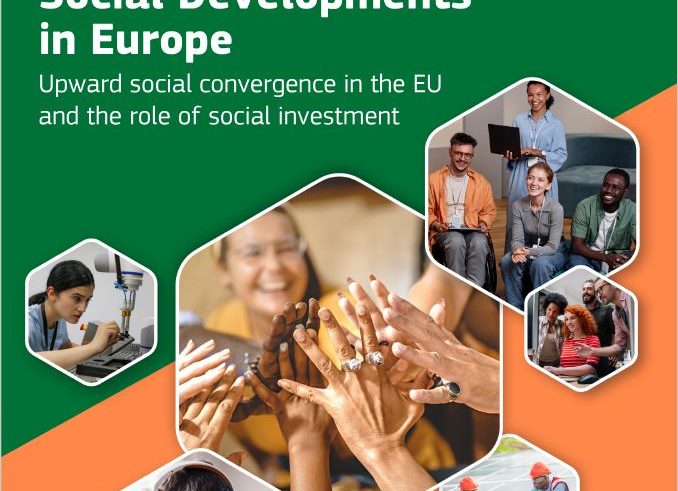
Social investments and reforms in key areas have had a positive effect on income, employment levels, social inclusion and the fight against poverty, helping to reduce social and economic gaps across the EU. In short, this is the finding of the European Commission’s 2024 report on “Employment and Social Developments in Europe”, published today. Reforms and financial support for early childhood education and care, skills development, lifelong learning, vocational training and certain job support schemes are viewed as “particularly promising”. Between 2010 and 2021, investments in these areas helped to increase the median wealth in the euro area, decreasing differences between Member States, although disparities persist both within and between countries. The 111-page report shows, for example, that housing allowances reduced the rate of people at risk of poverty in the EU, just as social housing which, however, “is critically under-supplied in many Member States”. That is precisely why, according to the Commission’s note, “President von der Leyen appointed a Commissioner with direct responsibility for housing” and announced “in her Political Guidelines 2024–2029 that the Commission will put forward a first-ever European Affordable Housing Plan”. The report also shows that investing in education and early childhood care helps parents, particularly mothers, find and keep jobs, “which reduces gender gaps in both employment and pay levels”. This leads to “better education and job prospects later on in their lives”, which in turn boosts economic growth. However, according to the report, an additional €11 billion per year are needed in order to achieve the 2030 targets for early childhood education and care. A first-ever EU anti-poverty strategy, announced by the Commission, could be an answer to that.
